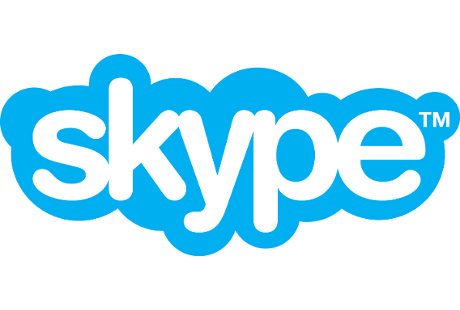Skype, the popular Internet telephony service that was acquired by Microsoft for $8.5 billion last year, has proved hugely disruptive to the traditional telephony industry.
According to telecommunications research firm TeleGeography, international voice traffic (as measured in minutes) grew consistently by at least 13% per year until Skype launched in 2003. Since then, growth has fallen to just 4% last year.
Skype, meanwhile, added more than twice as many international call minutes in 2011 than all other telephone companies in the world combined, TeleGeography found.
Skype Internet calls are free, however, and its Internet-to-phone calls are cheap. That means the company makes less money for those calls than conventional providers would have earned.
With more than 200 million connected customers every month, Skype cannot rely on traditional, personnel-intensive methods of customer support alone. But nor can it get away with poor quality support.
“When customers make the leap from their traditional provider to Skype they bring all of their expectations but half the spend,” explains Mark Nichols, director of customer support at the company.
Interesting Links
This is one of the reasons why Skype has built an online customer support community. The community began life as a group of volunteer beta testers, who would try out Skype’s latest products and services in advance of general release. In the past 18 months, however, the company has actively encouraged regular customers to participate in the community, and it now attracts 3 million users per month.
The principle platform for the community is an online forum, based on software from Lithium Technologies. Customers are able to ask the community questions about the service or search for popular discussion topics to see if their question has already been answered.
There are around 30 Skype employees who participate in the community in addition to other responsibilities. But the real heroes of the community are the super users and volunteer moderators, who are not on Skype’s payroll.
These range from a 21 year old technical whizzkid in Spain to a man in his seventies who spends 10 hours a day on the site. “We got a letter from his doctor telling us it’s really good for him that he does this,” says Nichols.
Using the community as a feedback channel
As well as a self-sustaining support function, the community also serves as a valuable customer feedback channel.
“When we release a new product on the Android operating system, for example, the community will try it out on every single Android device available,” says Edmund Read, senior manager for customer contact and social media at Skype. “That’s difficult for us to do ourselves as there are literally thousands of Android devices out there. Through the community we can immediately identify what’s working and what isn’t.
“There have been five or six occasions in the last year when the community has told us exactly what we needed to change within 24 hours of a product launch,” he explains.
Skype also listens to the community’s ideas for improvements to its product design, although it does not attempt to satisfy everyone. “When it comes to the look and feel of a product, everyone’s got an opinion,” says Nichols. “We try to aggregate common themes.”
Interesting Links
The Lithium platform allows a degree of analytics, showing who the most active community members are, for example, and how long it takes before a question is answered. But so far, Skype has relied mainly on the volunteer moderators to gauge the sentiment of the community. “We rely on the moderators to be our ears,” says Read.
Skype occasionally uses the community as a test-bed for new marketing messages, and its response is usually prompt and direct. However, its real value in terms of business development is to allow customers to share with one another how they use its products, Nichols says. “If someone on the community says, ‘Here’s how I use Skype to connect with my daughter at university on the other side of the planet’, that’s much more compelling than us trying to sell stuff,” he explains.
“It’s difficult to look at this as a marketing channel,” adds Read. “These people are helping us and we’re doing our best to help them.”
Interestingly, Skype advises community members not to use their Skype usernames on their community profiles, and it does not link their community activity to their Skype account. “From a privacy perspective, we want to keep it anonymous,” explains Read. “We don’t want to know everything our users are doing. The reason we’ve grown enormously is our product, not our ability to target customers.”










